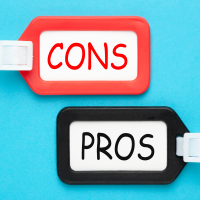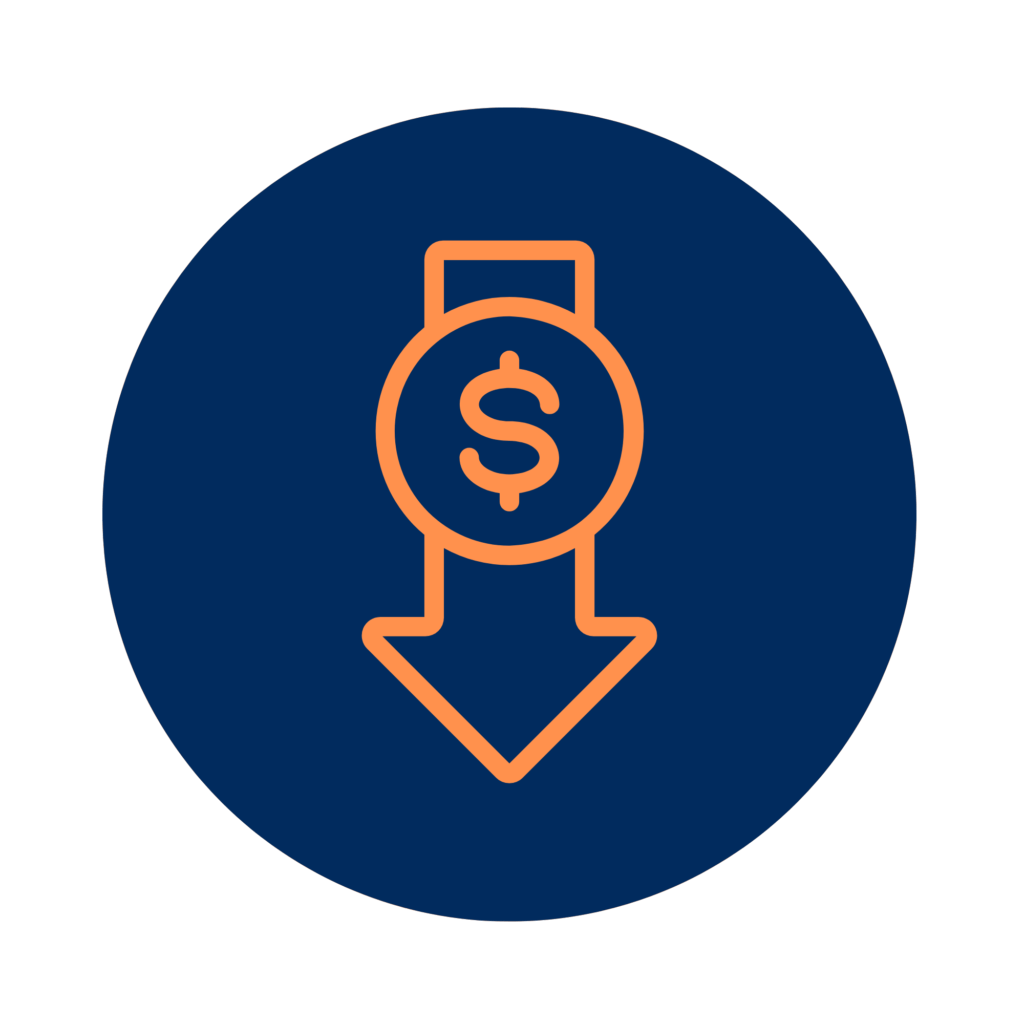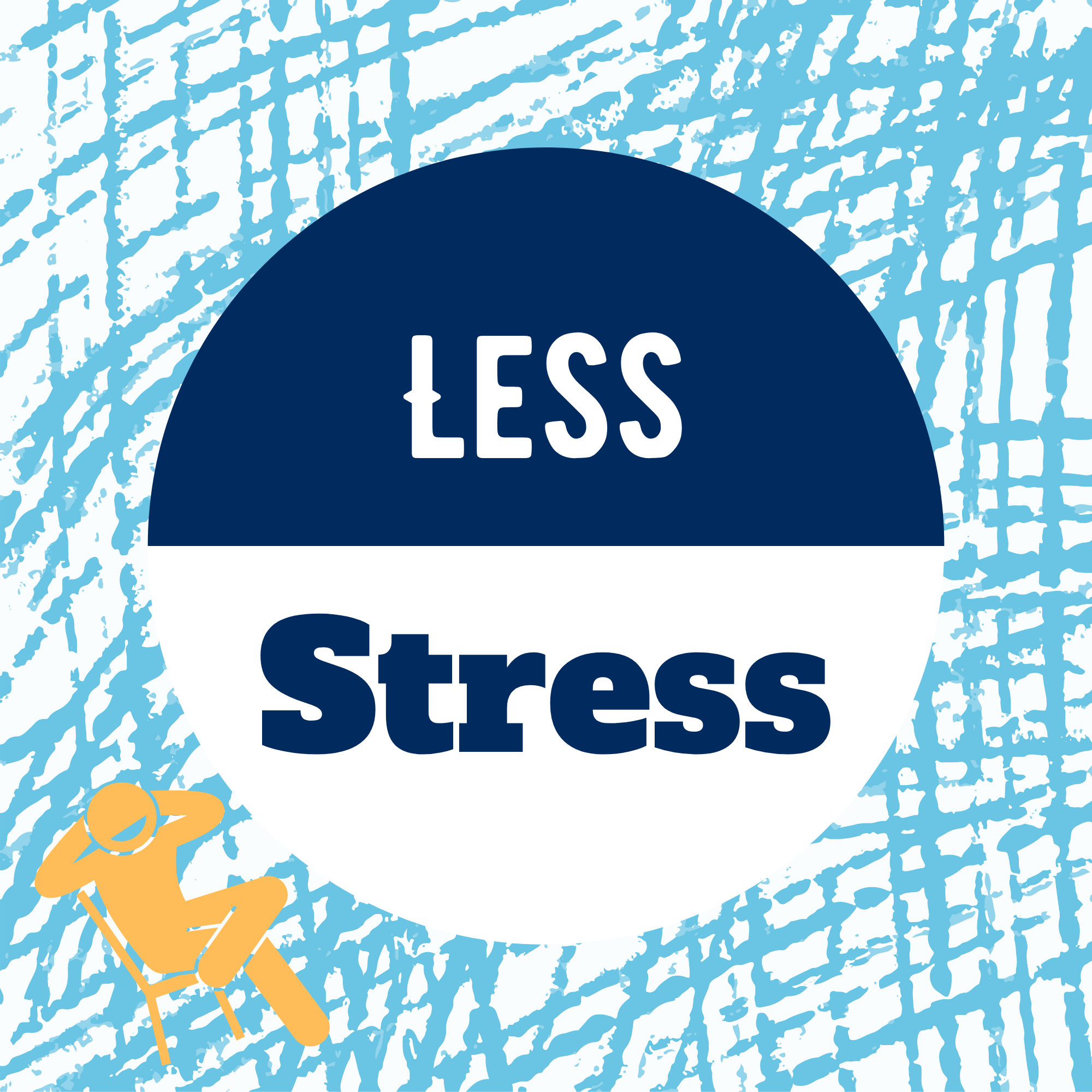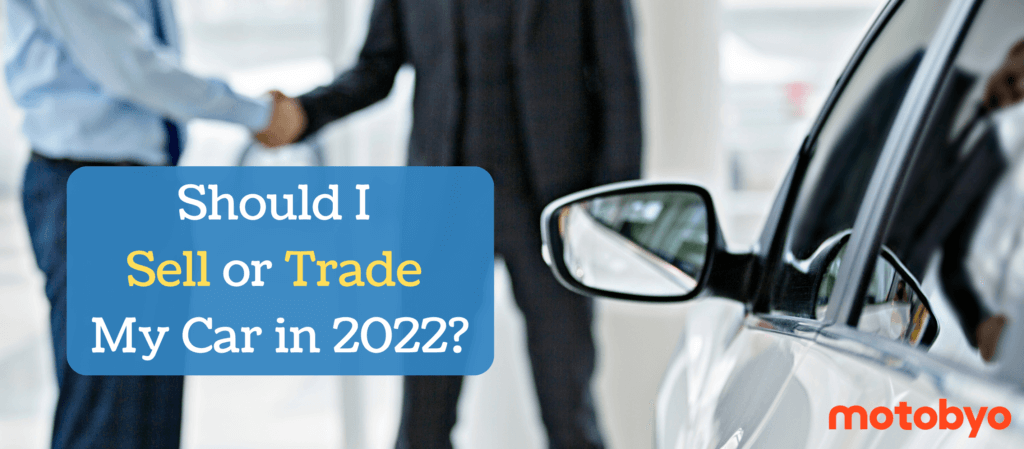It’s time to say goodbye to your old car. It’s been a good ride, but it’s time for a change. The question is, what to do with it?
Sell, or trade-in?
We often associate selling a car on the private market with a lot of work. Advertising, inquiries, paperwork — those are on your plate. On the flip side, trading your car at the dealership can take the fuss out of getting rid of your car. But it will also take a chunk of the cash.
Today, we’re going to deep dive into the pros and cons of each to help you figure out if it is better to trade in or sell your used car in 2023.
Pros & Cons of Trading in Your Car
At the moment, the combination of soaring new car prices and falling used car prices is, unfortunately, a worst-case scenario for your trade-in. But that doesn’t mean trading your vehicle in at a dealership is not an option.
Pros of Trading In:
Possible reduced taxable sales price

Trading in your car at a dealership may have a tax advantage depending on your state.
When trading in your car, the trade-in value is used to reduce the total amount due before taxes are calculated. This means that trading in your vehicle reduces the total amount due to the dealership and therefore may reduce your sales tax liability.
Less Hassle
Selling a used car privately nowadays can be a daunting task. You need to study the local market to set the proper sale pricing, put together all the required paperwork, make sure it’s in a sellable condition, clean it up and then find the right place to sell it online.
Can do it all at one dealership
Selling your vehicle privately may mean visiting multiple websites and spending time researching and preparing your vehicle for sale. If you trade it in, you may be able to get it all done in one trip! Simply drive your old car to the dealership, complete a marathon of paperwork and drive away with your new vehicle.
Sounds great, right? Well, trading your vehicle in to a dealership is almost never that simple. It’s important to note the downside of trading in your car.
Cons of Trading In:
Dealerships make profits on used cars
Car buying fees are determined based on several different variables, just as insurance rates are. If one thing is for certain, however, it’s that used cars come with less expensive fees compared to their shiny new counterparts.
This is especially true when it comes to sales tax since tax is based on the purchase price.
Dealers may give you a low offer
Not all dealerships sell every make and model used vehicle, so they tend to not make aggressive offers to buy vehicles that they wouldn’t normally stock. This means that you could own a perfectly good used Honda, but receive an uncompetitive offer from another dealership brand. This situation is very common and most likely ends with an unhappy customer and the vehicle being sold privately.Selling your car on your own
If you choose to go it alone and sell your car privately, you’re in the drivers seat. The benefits include:

You may be able to charge a higher selling price
When selling on the private market, you are responsible for setting the price. Sure, you need to advertise a reasonable price based on the current value of your car, but if you believe your car is in better condition than others or has better features than most, you can charge that little bit extra. We reccommend using sites like Kelley Blue Book to find your cars value.
You walk away with more money
When selling privately, you cut out the middlemen and eliminate the dealer’s profit, dealer fees and other costs. Cutting out this waste means more money in your pocket.No pressure
Selling on your own means there are no external pressures. You can sell at your own pace and set your own timeline. There’s also no one pushing you to decide on a deal that may leave you less well off than you hoped for.But, it can be time consuming
There’s a lot of time and effort involved in selling a used car. Even through third-party websites it can be tough to get your car in front of the right customer. Third party sites are not on your side in this transaction. They’re paid for by car dealerships to promote their inventory and your used car gets lost in the mix. You’ll need to juggle multiple selling websites, handle all the phone calls, deal with time wasters, etc.

What if there was a middle ground?
Wouldn’t it be great if you could get a fair price for your used car without giving money to a dealer or pulling your hair out?
Meet Motobyo.
Motobyo is a peer-to-peer marketplace for buying and selling used vehicles. Our platform takes the complexity out of private used car sales. We eliminate the waste in today’s current system and put more money in your pocket. You have the option to get cash for your used car today with our Quick Cash Offer feature or you can list it on our platform to sell privately to maximize your return. It’s up to you!

Sellers first receive a Motobyo vehicle valuation, then make the decision on how they want to sell! Either way, selling your car with Motobyo is a win-win!
Our easy to use platform will make selling your used car a breeze, try it today!



